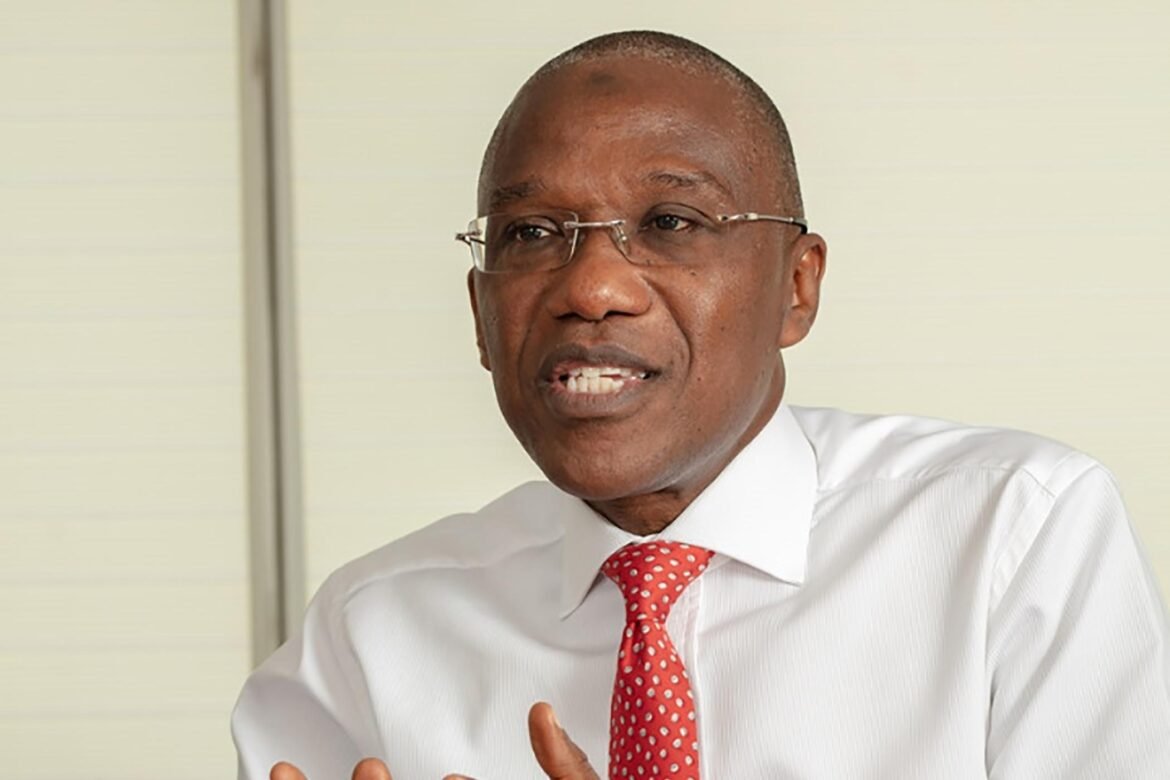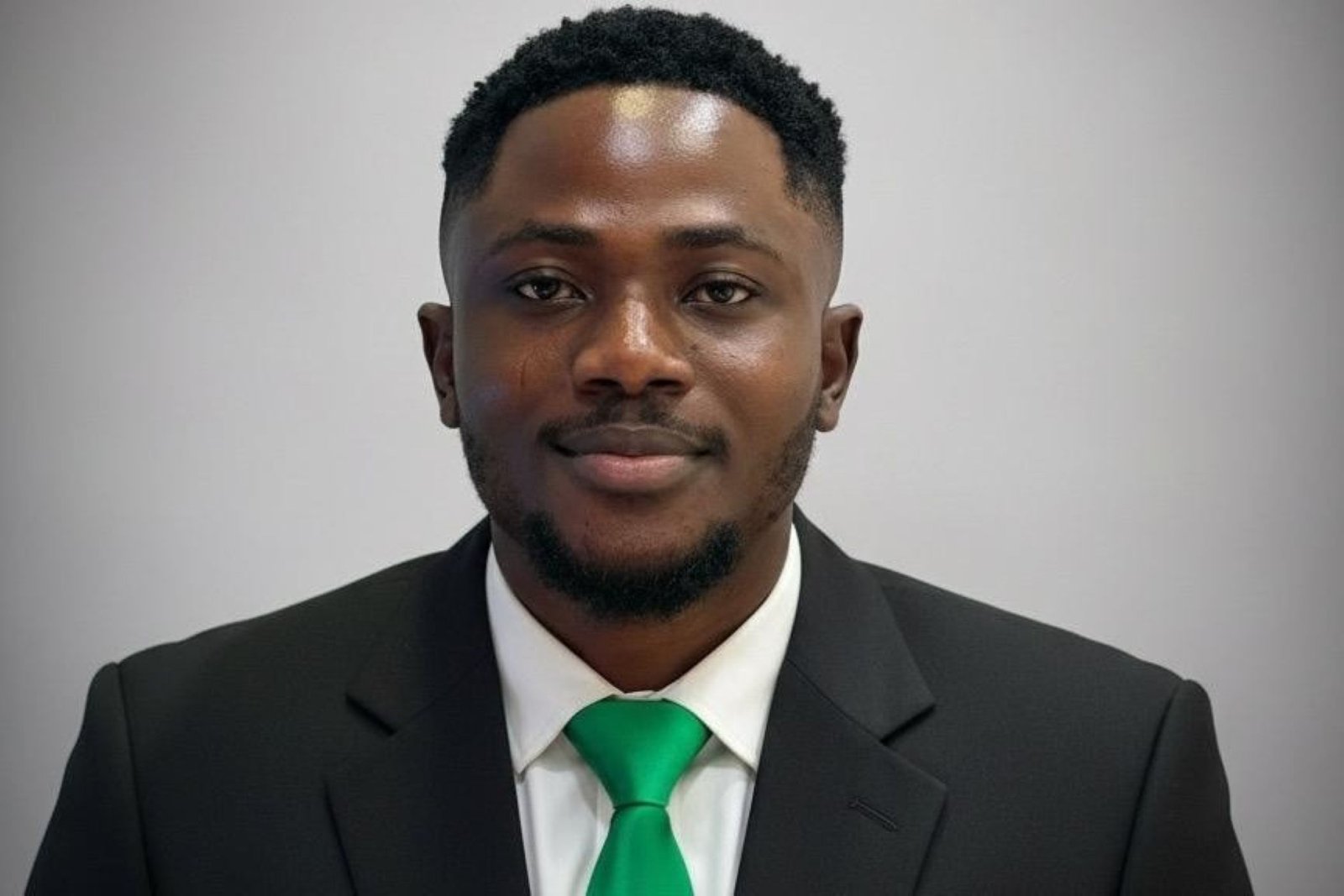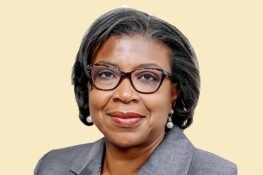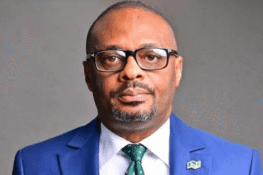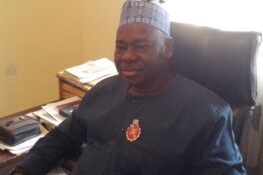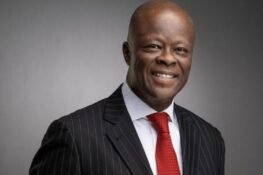Ahmed Lawan Kuru (ALK) is a career banker with professional experience spanning over three decades across Investment Banking, Risk Management, Operations, Human Capital Management and Marketing amongst others. Prior to his appointment as the Chief Executive of Asset Management Corporation of Nigeria (AMCON) by the Presidency on August of 2015, Kuru served as the Managing Director/CEO of erstwhile Enterprise Bank Limited. His ingenuity at turning the then beleaguered bank around and returning it to profitability earned him the famous name in the financial sector as the turn-around-agent. Now confronted with a herculean task at AMCON with a total debt obligation of over N5 trillion, Kuru has expectedly made some far-reaching changes, which has enabled the Corporation to increase its tempo of recoveries. And with the sunset date approaching, Kuru is in a hurry to recover the humongous outstanding debt for the good of the economy of the Federal Republic of Nigeria, which is why he also re-strategised AMCON efforts towards enforcement, which has sadly led to the over 3,000 court cases the Corporation is battling with currently.
AMCON sunset is approaching. How are you preparing?
That awareness is strong and that is why we recently changed our strategy to ensure that we meet that deadline.
And even if we do not meet the deadline at the end of the day, it should not be out of not doing our utmost best.
All our strategy now is focused towards enforcement and that is why you see that AMCON has about 3,000 court cases, which is daunting on its own.
But this is a national assignment so we are not deterred by the antics of these obligors. They can only go to court to buy time because at the end of the day, it is an obligation that would be met one way or the other.
AMCON was established shortly after the Global Financial Crises to ensure some form of financial stability for Nigerian companies exposed to the meltdown, has AMCON been largely successful?
AMCON has been very successful. Especially when you look at the objective of why AMCON was set up in the first place.
As you rightly pointed out, AMCON was set up during the 2008/2009 financial crises to support financial institutions to withstand the financial turmoil at that time.
A lot was happening then, lots of those banks had loans that were not performing and as a result of that, they were not giving out fresh loans to entrepreneurs.
So, the main objectives then were to provide liquidity, buy up these bad loans and ensure that there is financial stability in the financial institutions.
And as you know the whole country rests on the financial infrastructure, and to a greater extent that was achieved. More than 14,000 loans were bought, more than N3.3trillion was invested.
The banks were saved. We saved over N4trillion depositors fund, over 15,000 workers jobs, but that was just one leg of the assignment.
The second leg now is to recover from the obligations what was given out for the financial intervention. But to answer your question directly; yes, it has been successful based on the objective of why AMCON was set up ab-initio.
More than 14,000 loans were bought, more than N3.3trn was invested. The banks were saved. We saved over N4trn depositors fund, over 15,000 workers jobs, but that was just one leg of the assignment
Does this in a way align with what happened during the tenure of President Barack Obama, where the government packaged stimulus fund saved firms like the General Motors from going bankrupt? Is there a correlation between what AMCON did and what the U.S government did at that time?
You should know that different governments adopt different strategies. The United States strategy was institution specific, where the US Government intervened directly with General Motors as an example.
Here (in Nigeria) it was financial institution specific. The intervention was for commercial banks.
However, there is a second leg to it, after buying all the loans from the commercial banks, now AMCON in certain strategic ways invested into some of those businesses to keep the companies afloat.
But the difference between General Motors and Nigerian companies was that the US intervention was direct, while we first went through the financial institutions to acquire the loans and then we look at those we believe that with a little intervention, the companies will return to business.
In the first leg of the objective of AMCON, it was to rescue financial institutions with large number of non-performing loans. The second-leg is now the aviation sector with the likes of Arik and Aero being taken over by AMCON. Now there have been conversations going on about a National Carrier. Is there any plan to merge both Aero and Arik into a national carrier or divest from both entities?
Everything in AMCON is for sale with the exception of the workforce. We intervened in Arik as a matter of national interest.
As at that time Arik carried more than 50 per cent of air-traffic passengers in the country and if anything should happen to Arik, it will affect the traveling public. And travelling in Nigeria is also a security issue.
Once we go into any entity, we always have the end in mind, and the end is always the divestment processes after putting in the required structures on ground.
For Aero, we have gone very far, we have gone through the divestment processes, and we are now in the process of getting the necessary approvals to conclude.
For Arik we have also started. We have financial advisers, Vetiva and Renaissance Capital, they are advising us on how to divest from Arik.
Our initial objective is to sit down with obligor and say these are your liabilities and see how you are going to pay and then takeover.
But obviously that is not possible. We intend to put all the assets into one basket and call it whatever we want to call it; be it National Carrier, Nigerian Carrier or whatever.
The assets belong to us and are not encumbered. We encourage government to look at the option as it presents the easiest way to take-off as a National Carrier.
With that you do not need to ask anybody to bring seed money, and that can give people confidence to see something physical and decide whether they want to invest and be part of that program.
All options are on the table with our aviation assets.
The difference between General Motors and Nigerian companies was that the US intervention was direct, while we first went through the financial institutions to acquire the loans and then we look at those we believe that with a little intervention, the companies will return to business
Do we still have any asset apart from the airlines that are still in control of AMCON?
We are into almost all sectors. There is no sector that we do not have major distressed assets.
You know we bought 15,000 loans, so you can imagine 15,000 obligor businesses and we did not buy small businesses.
Out of the N5.4trillion obligations that we have, only 350 obligors account for more than 80 per cent of our total exposure.
So, 350 obviously are not small businesses and it cuts across all the sectors. So, any sector you pick you will find AMCON there.
The only thing is that we are a bad bank; we are not a good bank, so anywhere you see us you will see a distressed asset.
Any business that is viable and professionally and efficiently managed, has no business with AMCON. Therefore, there are so many assets that are in custody of AMCON, either through receivership or other forms of engagement.
There are insinuations about AMCON being in red and different figures have been put out as AMCON’s debt; what exactly is AMCON’s debt?
First of all, AMCON is not a profit-making organisation.
It was not set up to make profit. AMCON was set up to be an intervention agency, raise bonds, buy loans, rescue banks, recover and pay back.
If in the process of this, we generate more inflow over our investment that becomes a surplus for us. We are not set up to be in green or be a profit-making entity.
If we purchase a loan backed by a collateral asset for N10m and dispose the asset for N12m, there is a surplus of N2m.
We could buy a loan for N10m with collateral asset of N12million and dispose the asset for N8m, this is a loss of N2m.
The most important thing is meeting our obligations.
We intervened in Skye Bank (now Polaris Bank), paid about N819bn and in financial practice you have to recognise that as a loss in your books from the beginning, so if our book was showing green before the transaction, automatically with that intervention we will go into red until a time we can offload Polaris Bank.
Then we will be able to adjust our balance sheet.
You can see a clear case of financial betrayal of trust and obligation and somebody will use legal technicalities to avert payment. But with this administration, they know it is just a matter of time. There is no where to hide or go to for intervention. It is tough when dealing with people with resources and misplaced sense of importance
Shortly after the President Muhammadu Buhari came into power in 2015, you were one of the first set of people he appointed into office. How has your experience been?
Honestly it has been tough and challenging. In Nigeria, there is a line once you reach that line, everything becomes personal.
And we are recovering money, relating with people that previously no one was talking to because they felt they should not be talked to.
These are big guys who had taken loans with no intention to pay. At certain points they assumed that it is personal and nobody should come and bother them to come and pay this money running to billions of Naira.
I just told you that only 350 Nigerians account for over 80 per cent of our obligations of about N3trn. You can imagine what you can do with N3trn in Nigeria.
So it has been challenging but for us it is a trust. We have a very solid team here and we are determined at our own personal pain to pursue for recovery.
We are not bothered. If you have any obligations come and sit down with us and tell us how you want to pay. We have more than 3000 court cases.
You talk to somebody and the only thing he does is to rush to court. And he can lock you up there up to 10/15 years without addressing the main issue of debt payment.
That can be very frustrating. For us however we are focused on what is important and are not bothered. We wait for you at the end of the 10/15 years.
It is just a matter of time; we must all meet our obligations. You can see a clear case of financial betrayal of trust and obligation and somebody will use legal technicalities to avert payment.
But with this administration, they know it is just a matter of time. There is no where to hide or go to for intervention.
It is tough when dealing with people with resources and misplaced sense of importance. Like I said, it is challenging but we are also determined.
